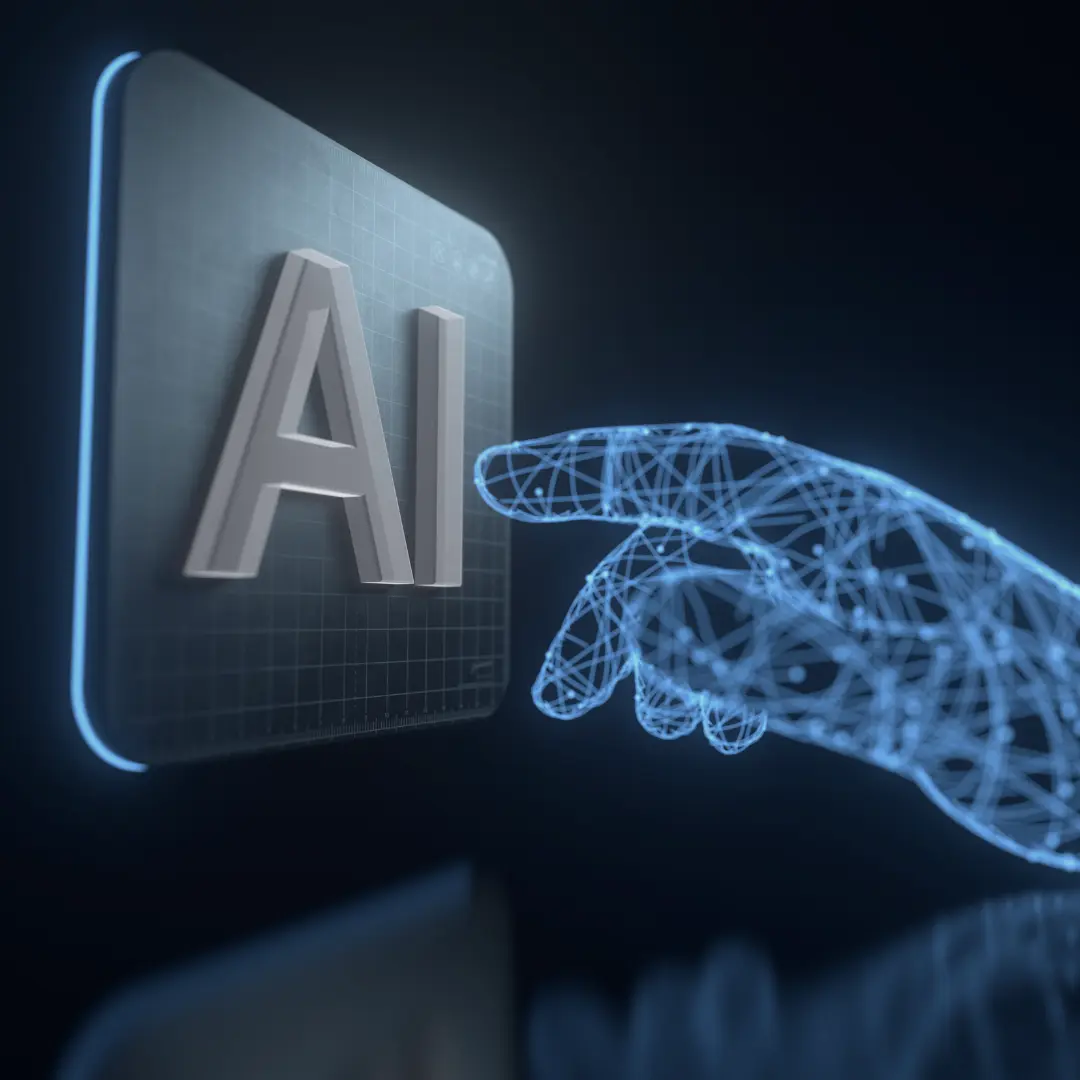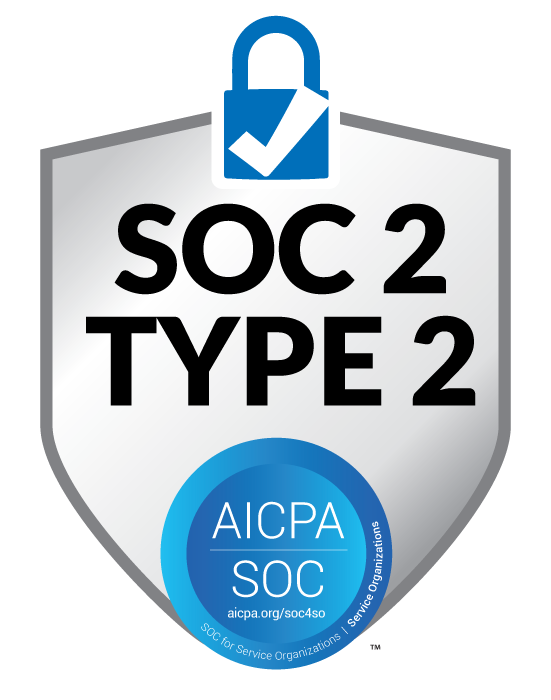Unlocking Context-Aware AI with MCP
Imagine a customer support team swamped with inquiries after a major product launch. A traditional chatbot responds with generic answers, leaving customers frustrated and tickets piling up. Now picture an AI agent that not only understands the customer’s query but also pulls real-time data from the CRM, recalls past interactions, and escalates complex issues to the right team—all in seconds. This isn’t a far-off dream; it’s the power of context-aware AI agents. At the heart of this capability lies Modular Contextual Processing (MCP), a game-changer for enterprises aiming to automate intelligently. In this blog, we’ll explore why MCP is the key to building AI agents that truly understand and act in dynamic business environments, and how lowtouch.ai leverages it to deliver smarter automation.
The Challenge of Context in AI Agents
In today’s fast-paced enterprise landscape, AI agents must do more than follow rigid scripts or generate text. They need to understand the full context of a situation to make intelligent decisions. Traditional rule-based bots and generic large language model (LLM) wrappers often fall short here:
- Rule-Based Bots Lack Flexibility: These bots operate on predefined “if-then” logic, meaning they can’t adapt to unexpected scenarios. For example, a bot might process a refund request but fail if the customer’s account history requires additional checks not programmed into its rules.
- Generic LLMs Miss Enterprise Nuance: While LLMs can generate human-like responses, they often lack the ability to integrate with enterprise systems or retain context across multi-step workflows. A customer asking, “Why hasn’t my order shipped?” might get a generic response instead of one informed by real-time inventory data.
- Siloed Data Creates Blind Spots: Enterprises deal with fragmented data across CRMs, ERPs, and ticketing systems. Without a way to synthesize this data into actionable context, AI agents deliver incomplete or irrelevant solutions.
The result? Frustrated customers, overburdened teams, and missed opportunities. According to a 2024 Gartner report, 70% of enterprises cite “lack of contextual understanding” as a top barrier to scaling AI automation. Context-aware AI agents are the solution, and MCP is the engine that makes them possible.
What is MCP (Modular Contextual Processing)?
Think of MCP as the brain’s working memory for an AI agent—a system that dynamically gathers, organizes, and processes context to enable smarter decisions. Modular Contextual Processing breaks down context into manageable, reusable “modules” that the agent can access and adapt in real time.
Here’s a simple analogy: Imagine a chef (the AI agent) preparing a meal in a busy kitchen. Without MCP, the chef would blindly follow a single recipe, unable to adjust if an ingredient is missing or a customer requests a substitution. With MCP, the chef has a digital assistant that pulls recipes (data sources), checks inventory (real-time context), and suggests alternatives (adaptive decision-making)—all while keeping the kitchen running smoothly.
MCP enables this by:
- Modularity: Breaking context into reusable components (e.g., customer history, system status, user intent).
- Dynamic Integration: Connecting to enterprise systems like CRMs, ERPs, and databases via APIs to fetch real-time data.
- Real-Time Processing: Continuously updating context as new information emerges, ensuring the agent’s decisions stay relevant.
Unlike rigid rule-based systems or generic LLM wrappers, MCP empowers AI agents to reason and act with a deep understanding of the situation.
Why MCP Matters for Agentic AI
Agentic AI is about creating autonomous systems that perceive, decide, and act to achieve specific goals. MCP is the backbone of this capability, offering three critical benefits:
- Adaptability: MCP allows agents to adjust their actions based on evolving context. For instance, an AI agent handling a support ticket can escalate to a human if it detects a high-risk issue, thanks to MCP’s ability to assess context dynamically.
- Modularity for Scalability: By breaking context into modules, MCP ensures agents can handle complex, multi-step workflows without becoming overwhelmed. A single agent can manage order processing, inventory checks, and customer notifications by leveraging modular context blocks.
- Real-Time Decision-Making: MCP’s ability to pull and process data in real time means agents can act faster and more accurately. A McKinsey study found that real-time decision-making can improve operational efficiency by up to 30%—a benefit MCP delivers effortlessly.
These advantages make MCP a differentiator in building AI agents that go beyond simple automation to deliver intelligent, context-driven outcomes.
How Lowtouch.ai Implements MCP
At lowtouch.ai, we’ve integrated MCP into our no-code Agentic AI platform to empower enterprises with smarter automation. Without diving into proprietary details, here’s how we make MCP work:
- Seamless System Integration: Our platform uses MCP to connect with enterprise tools like Salesforce, SAP, and ServiceNow, ensuring agents have access to the latest data. Learn more about our integration capabilities.
- Context Retention with Vector Databases: We pair MCP with a vector database for Retrieval-Augmented Generation (RAG), allowing agents to store and retrieve context (e.g., conversation histories, user preferences) as embeddings for more accurate responses.
- Human-in-the-Loop (HITL) Support: MCP enables configurable triggers for human oversight, ensuring agents pause for approval on high-risk actions while providing approvers with rich contextual data.
- Conversational Scheduling: MCP powers our natural language scheduling interface, letting users automate workflows (e.g., “Generate a daily sales report at 8 AM”) with context-aware execution.
This approach ensures that lowtouch.ai agents are not just reactive but proactive, adapting to enterprise needs while maintaining security and compliance. Curious about our architecture? Check out our platform overview.
Enterprise Applications and Examples
MCP-driven AI agents shine across industries. Here are a few examples:
- Finance (Fraud Detection): While rival banks scramble to trace fraud, a lowtouch.ai agent uses MCP to pull transaction histories, flag anomalies, and freeze accounts in real time—before losses mount.
- Customer Support (Cognitive Help Desk): A support agent leverages MCP to recall a customer’s past tickets, check system status, and resolve an issue in one interaction, boosting satisfaction by 30%.
- ITSM (Self-Healing Infrastructure): When a server falters at 3 a.m., an SRE agent uses MCP to analyze logs, roll back a faulty build, and restore SLAs—all while the team sleeps.
- Logistics (Supply Chain Optimization): An agent uses MCP to monitor real-time shipment data, predict delays, and reroute deliveries, ensuring goods arrive a day early.
These use cases highlight how MCP enables AI agents to deliver measurable business value by acting with precision and context.
Conclusion and CTA
Context-awareness is the future of Agentic AI, and Modular Contextual Processing (MCP) is the key to unlocking it. By enabling adaptability, modularity, and real-time decision-making, MCP empowers enterprises to build AI agents that don’t just automate—they innovate. At lowtouch.ai, we’re leading the charge with a no-code platform that puts MCP at the core of intelligent automation, helping businesses transform operations while keeping data secure.
Ready to see MCP in action? Book a demo today and discover how lowtouch.ai can help you build context-aware AI agents that drive real impact.
About the Author

Aravind Balakrishnan
Aravind Balakrishnan is a seasoned Marketing Manager at lowtouch.ai, bringing years of experience in driving growth and fostering strategic partnerships. With a deep understanding of the AI landscape, He is dedicated to empowering enterprises by connecting them with innovative, private, no-code AI solutions that streamline operations and enhance efficiency.




